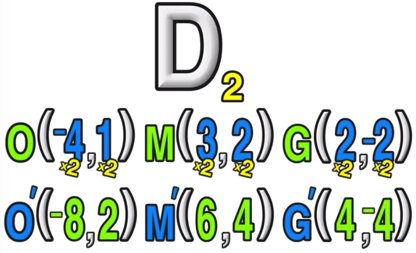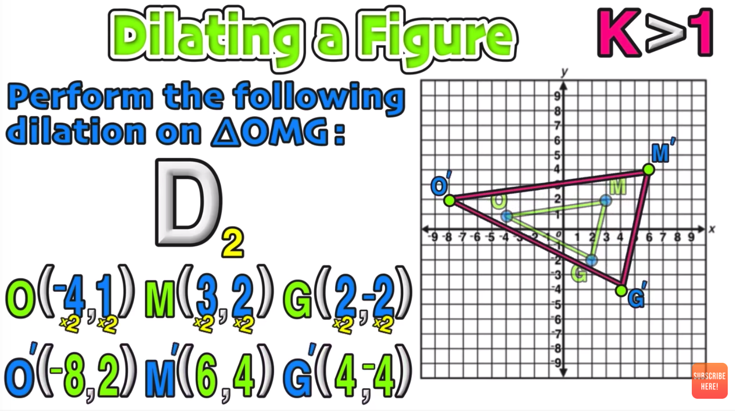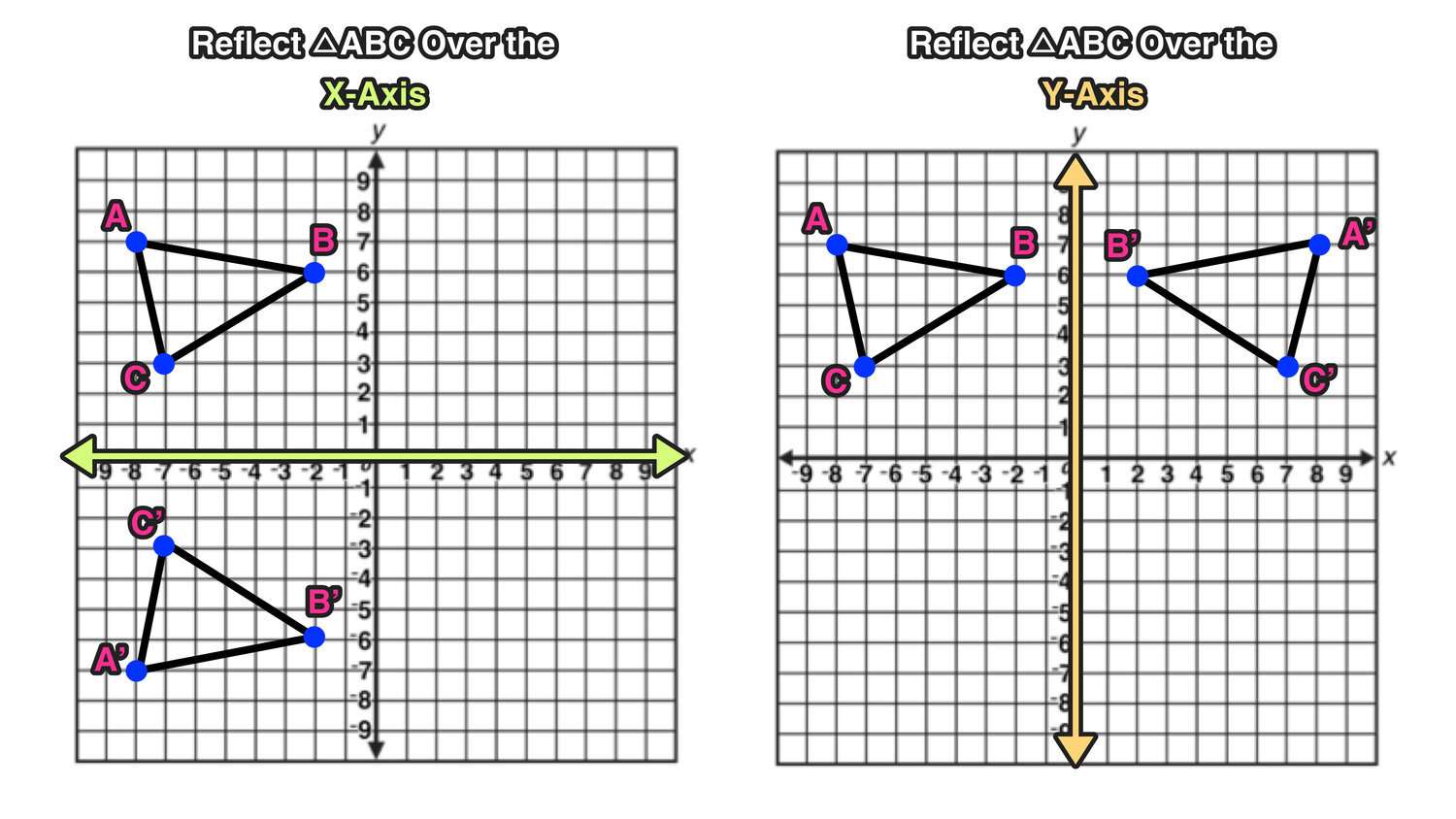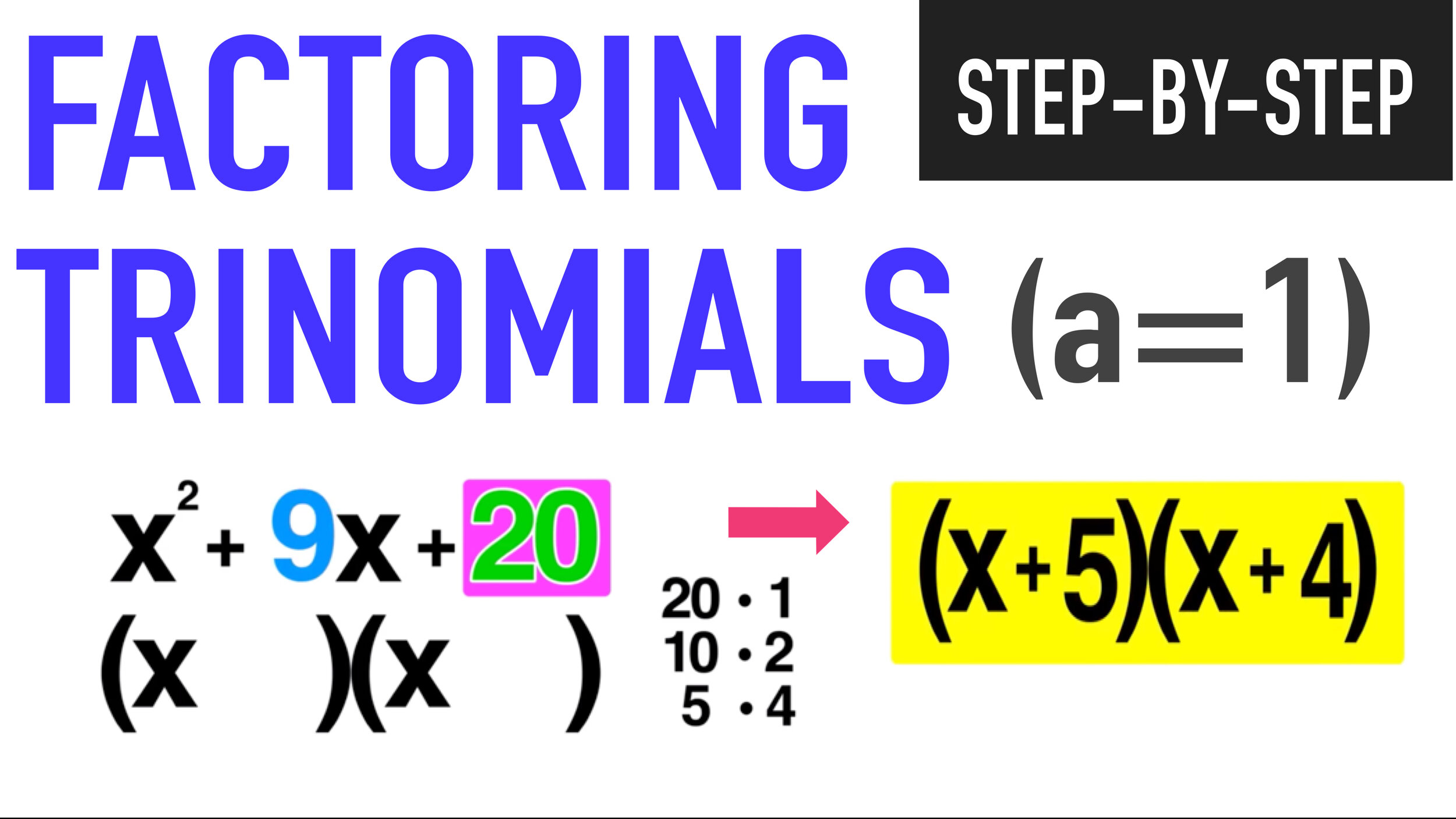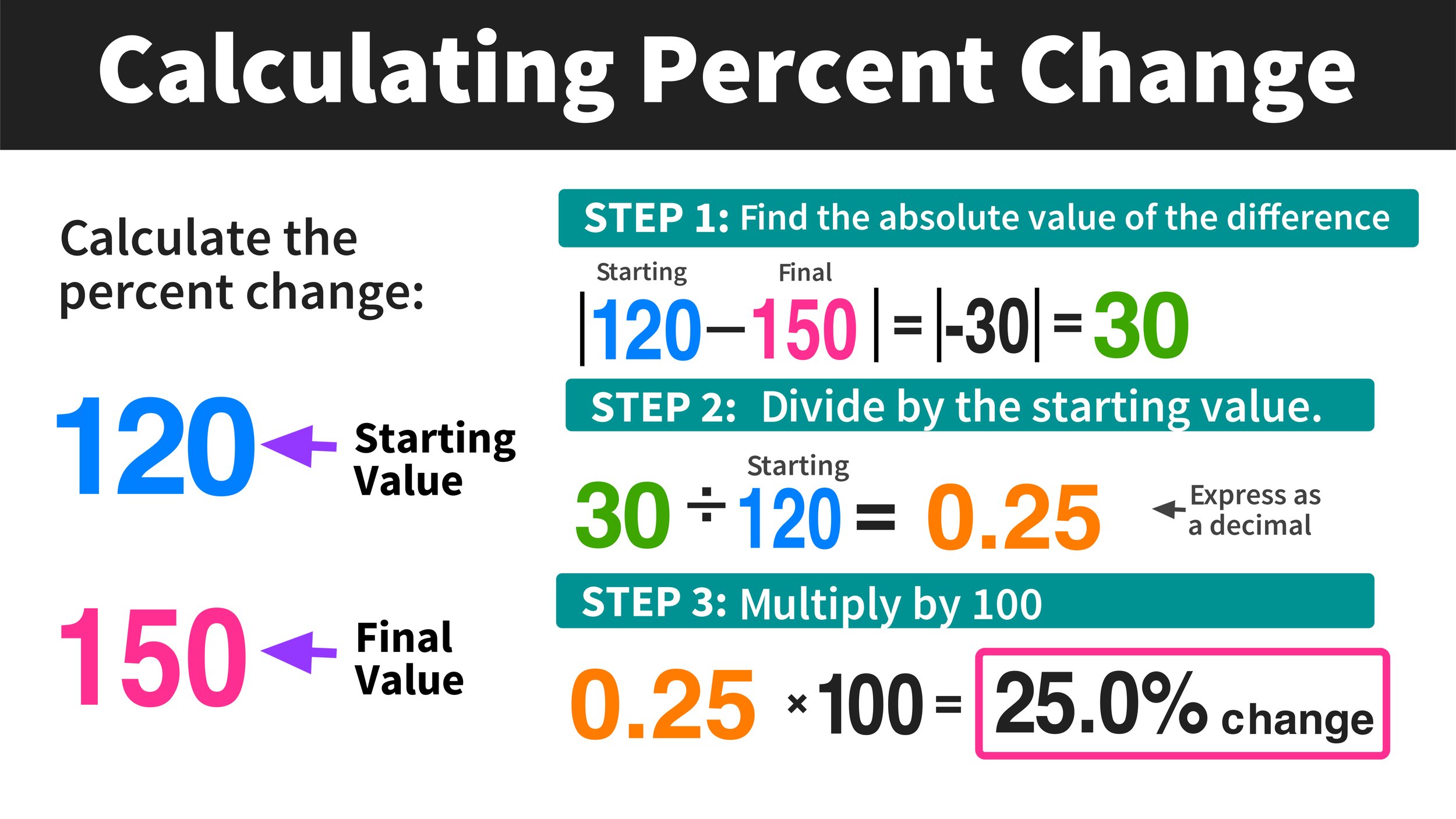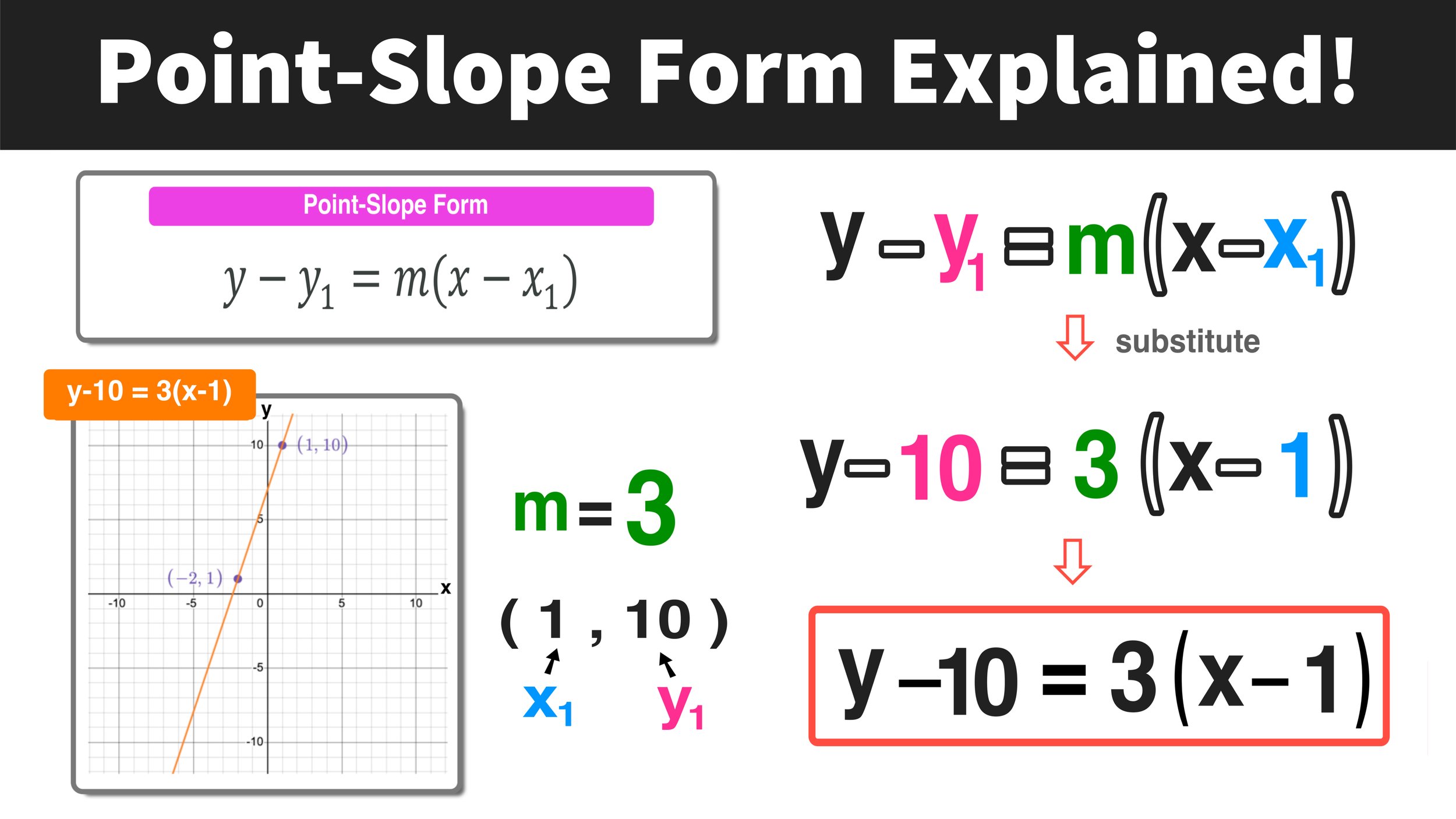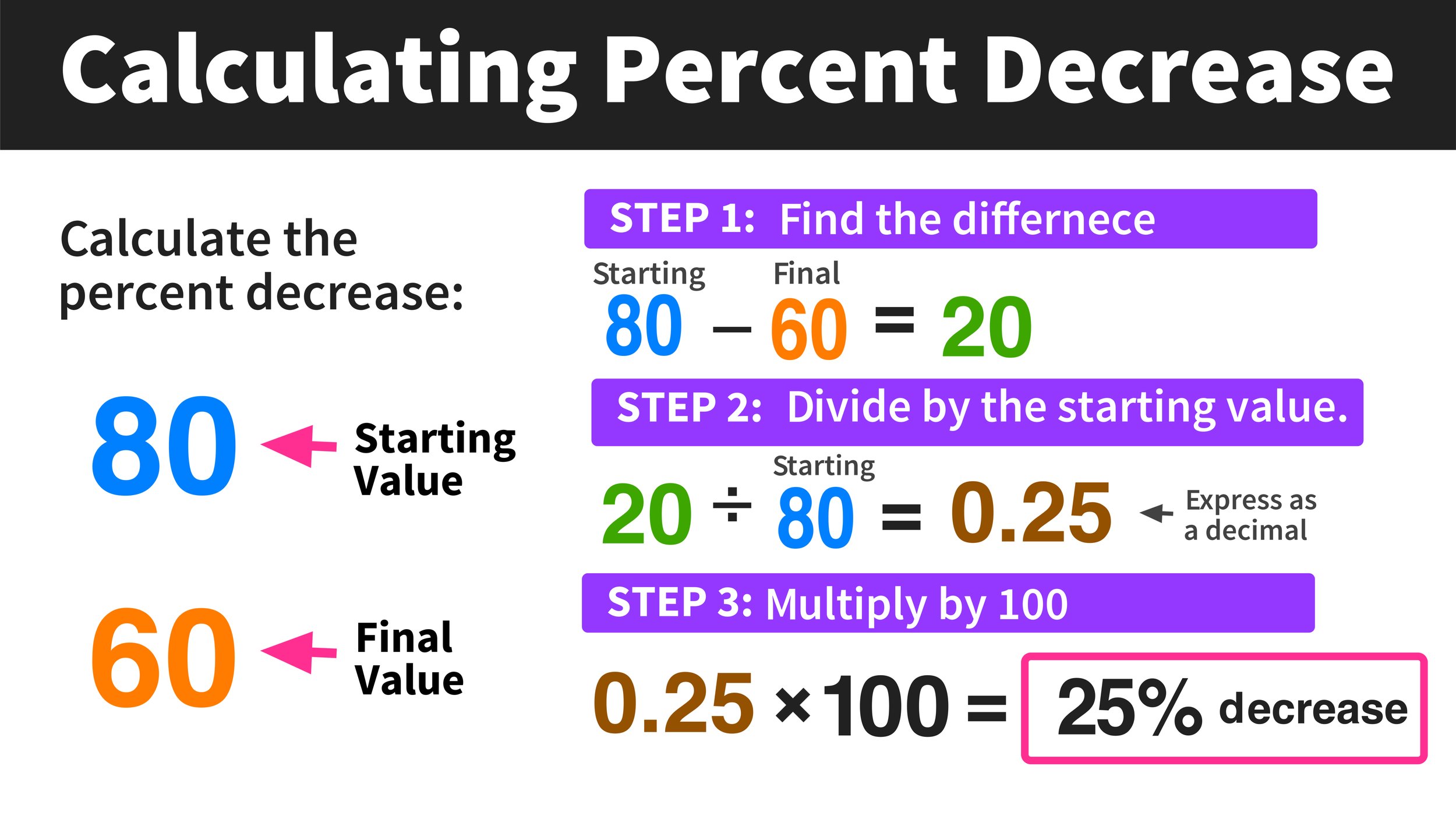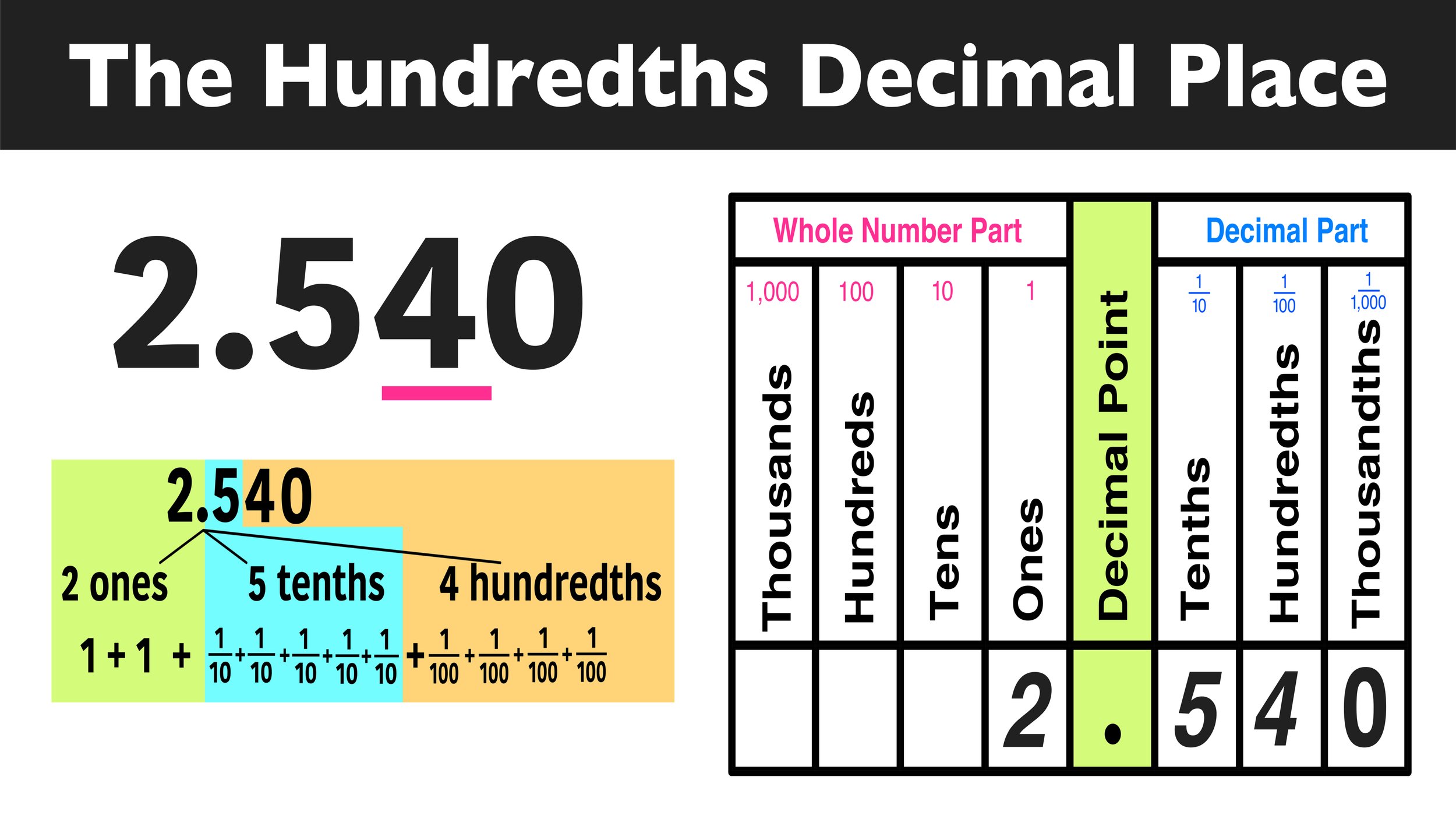Performing Geometry Dilations: Your Complete Guide
The following step-by-step guide will show you how to perform geometry dilations of figures and to understand dilation scale factor and the definition of geometry in math! (Free PDF Lesson Guide Included!)
Welcome to this free lesson guide that accompanies this Geometry Dilations Explained Video Tutorial where you will learn the answers to the following key questions and information:
What is the geometry dilation definition and what is definition of dilation in math?
What is a dilation scale factor?
How can you dilate a figure like a triangle on the coordinate plane?
Several dilation geometry examples
This Complete Guide to Geometry Dilations includes several examples, a step-by-step tutorial, a PDF lesson guide, and an animated video tutorial.
*This lesson guide accompanies our animated Geometry Transformations: Dilations Explained! video.
Want more free math lesson guides and videos? Subscribe to our channel for free!
Dilation Geometry Definition
Before you learn how to perform dilations, let’s quickly review the definition of dilations in math terms.
Dilation Geometry Definition: A dilation is a proportional stretch or shrink of an image on the coordinate plane based on a scale factor.
Stretch = Image Grows Larger
Shrink = Image Grows Smaller
Note that a geometry dilation does not result in a change or orientation or shape!
Dilation Scale Factor
The following notation is used to denote dilations based on a scale factor of K:
K represents a number. When K=1 (the dilation scale factor is 1), the image does not change:
A scale factor one 1 is uncommon, because it doesn’t change anything!
But when K>1 (the dilation scale factor K is a number that is larger than 1), the image will be stretched!
If K=2, the image is stretched twice as large as the original!
And when K<1 (the dilation scale factor K is a number less than 1), the image will shrink. Note that the scale factor cannot be less than or equal to zero (this would completing eliminate the figure).
If K=1/2, the image shrinks to half of its original size.
When shrinking a figure, the scale factor is greater than zero, but less than one.
Now you are ready to try a few geometry dilation examples!
Geometry Dilation Examples
Example 1: Dilation Scale Factor >1
In this example, you have to dilate ▵OMG by a scale factor of 2 to create a new triangle: ▵O’M’G’.
Start by writing down the coordinates of the vertices of ▵OMG as follows:
The next step is to take the scale factor (2 in this example) and multiply it by the x and y-value of points O, M, and G, as follows:
Now you have the coordinates of O’, M’, and G’
You can now draw ▵O’M’G’ on the coordinate plane by plotting the points that you just found:
You have just constructed ▵O’M’G’, which is the image of ▵OMG after a dilation of 2.
<><><>
Example 2: Dilation Scale Factor <1
In this example, you have to dilate figure MASH by a scale factor of 1/3 to create a new figure: M’A’S’H’
Since the dilation scale factor is less than one, the new figure will be smaller version of the original (shrink).
Start by writing down the coordinates of the vertices of figure MASH as follows:
The next step is to take the scale factor (1/3 in this example) and multiply it by the x and y-value of points M, A, S, and H, as follows:
Now you have the coordinates of M’, A’, S’, and H’
You can now draw figure M’A’S’H’ on the coordinate plane by plotting the points that you just found:
You have just constructed M’A’S’H’, which is the image of MASH after a dilation of 1/3.
<><><>
Free Geometry Dilations Lesson Guide
Free PDF Lesson Guide
Looking for more help with geometry dilations?
Click the link below to download your free PDF lesson guide that corresponds with the video lesson below!
Click here to download the Your Free PDF Lesson Guide
Still Confused?
Check out this animated video tutorial on geometry dilations and scale factors:
Looking for more practice with Geometry Transformations?
Check out the following free resources:
Free Tutorial on Reflections!
Reflections Over the X- and Y-Axis: Complete Guide
Video Lessons:
Geometry Rotations Explained!
Geometry Translations Explained!
Keep Learning with More Free Lesson Guides:
Have thoughts? Share your thoughts in the comments section below!
(Never miss a Mashup Math blog--click here to get our weekly newsletter!)
By Anthony Persico
Anthony is the content crafter and head educator for YouTube's MashUp Math. You can often find me happily developing animated math lessons to share on my YouTube channel . Or spending way too much time at the gym or playing on my phone.











